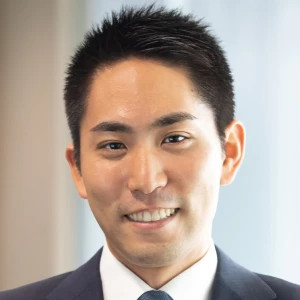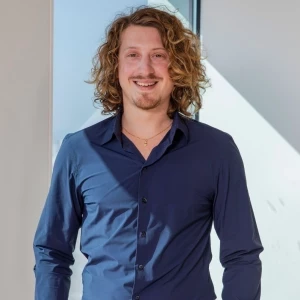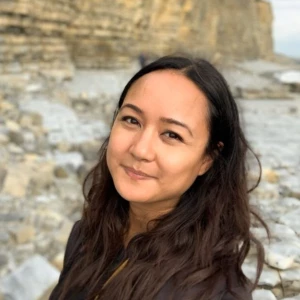Hello,
I recently mock cased with a McKinsey EM. The main feedback was that I needed to make the case more of a dialogue when possible.
My question is, how exactly does one make an interviewer-led case more of a dialogue? It seems difficult to me simply given the structure of interviewer-led cases: interviewer question, interviewee response, repeat until finished with case.
Any adivce on how to improve this dialogue skill, especially in context to McKinsey-style interviews, would be much appreciated.
Thanks!















